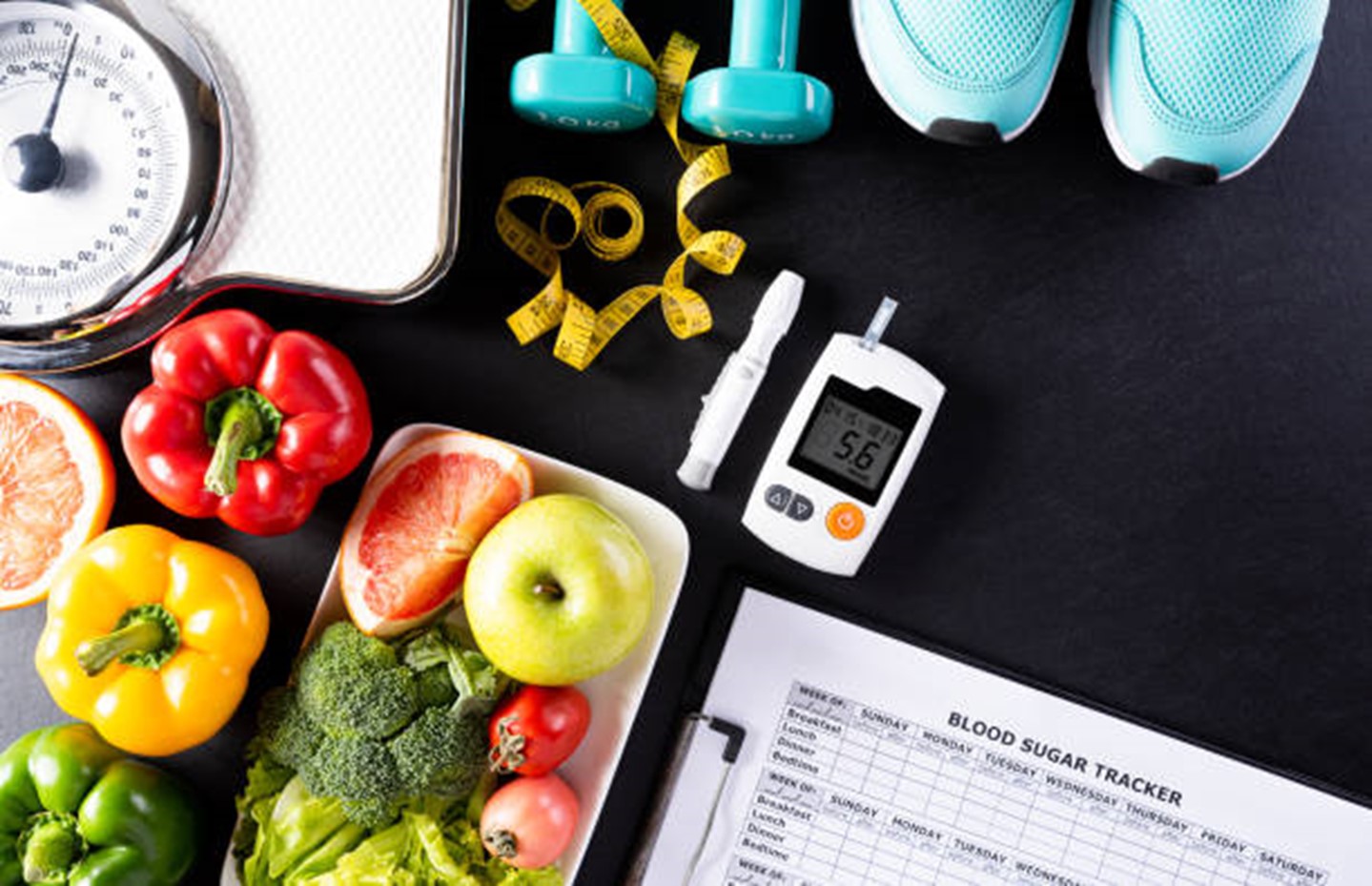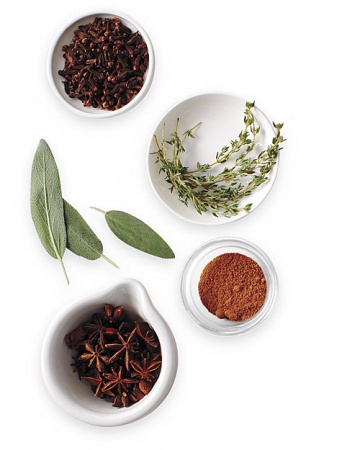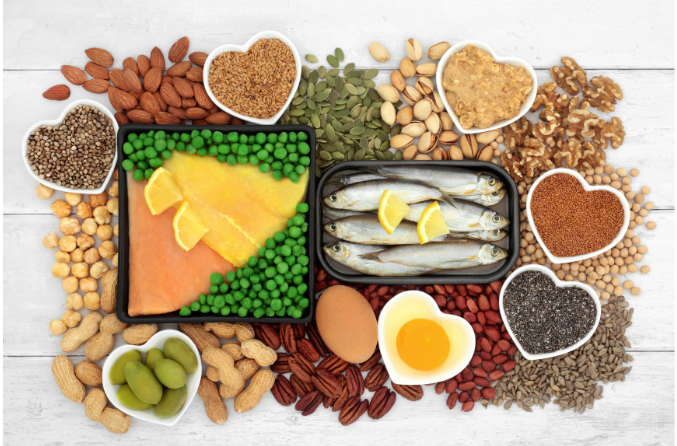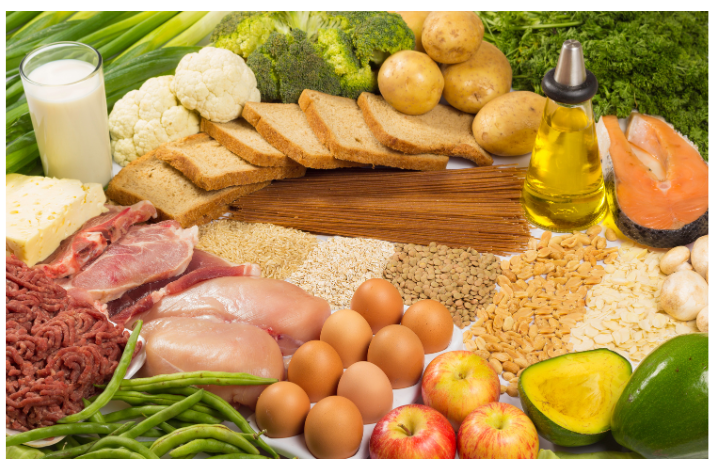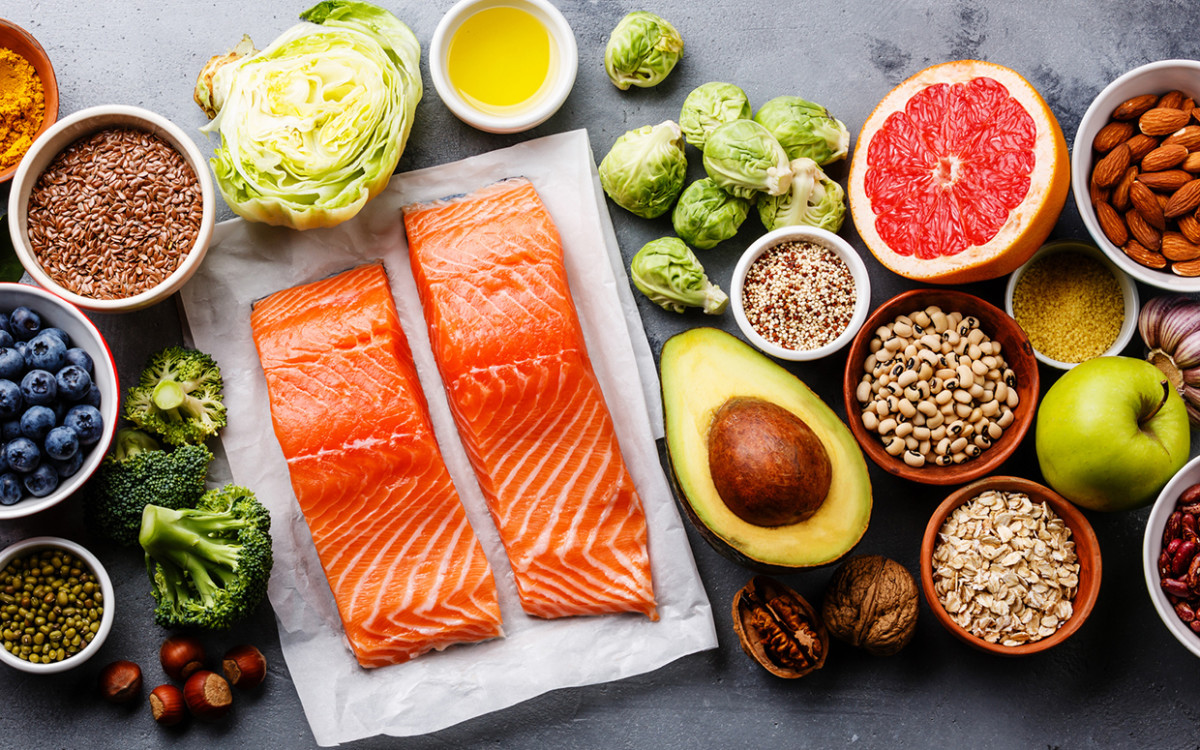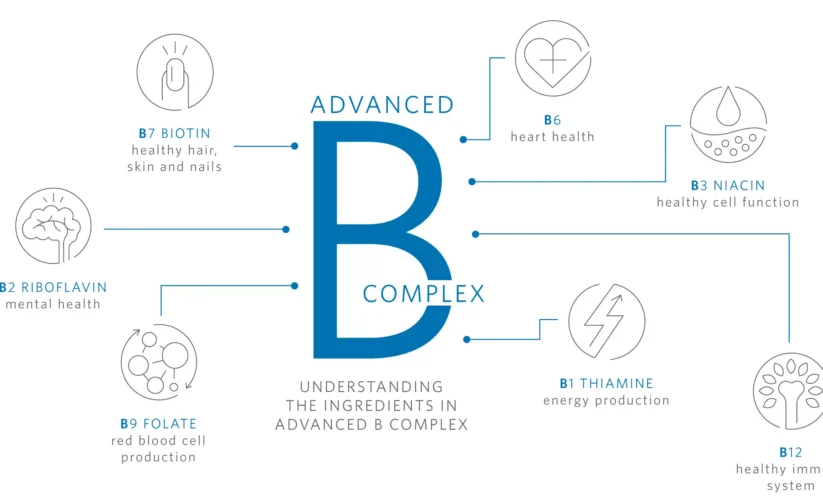
The benefits of B vitamins are the following:
- Ease Stress
- Treats anxiety and depression
- Aids memory
- Relieves PMS
- Reduce heart-disease risk
The 11 members of what’s known as the vitamin B complex are critical nutrients for all things mind-related: mood, memory, and even migraines can benefit from the B’s. In the right amounts, the B’s can quell anxiety, lift depression, ease PMS, and boost your energy. And getting them couldn’t be easier.
The B vitamins are a chemically related family of nutrients that work as a team. Their mood-boosting and other health benefits (see chart below) result from intricate behind-the-scenes work in the body.
Some B vitamins help cells burn fats and glucose for energy. Others help make neurotransmitters like serotonin. Some B’s assist with the production and repair of DNA.
Many of us don’t get enough B’s; according to the USDA, deficiencies in folic acid, B12, and B6 are especially common. Ensuring your diet contains plenty of B-rich foods — dark-green vegetables, protein from animal sources, and whole grains — is critical.
But if your stress level is high, your mood feels off-kilter, or your diet is low in B’s, you’ll benefit from the higher amounts found in supplements.
Breaking down the B’s
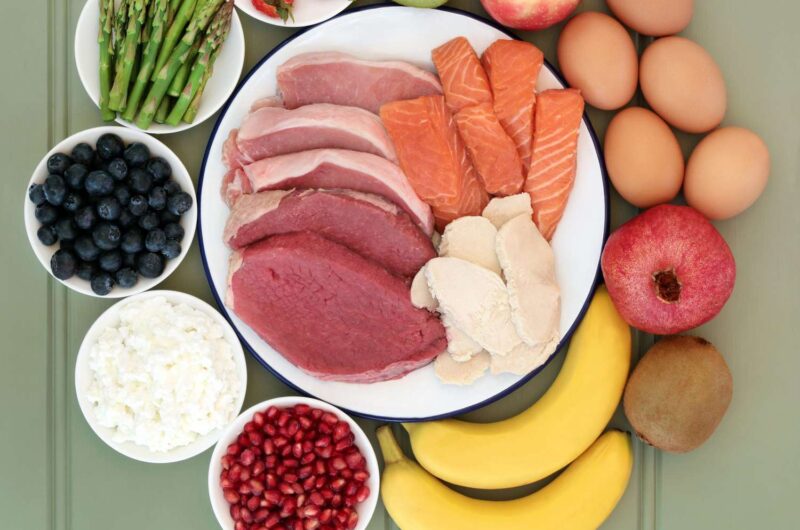
The dosage ranges shown in the chart below are commonly used to prevent and treat specific conditions. Be sure to consult a physician if you’re interested in taking B’s for medicinal use.
Thiamine (B1)
Helps the body metabolize fats and protein
Recommended dosage: 10-100 mg
Riboflavin (B2)
Reduces migraines and headaches
Recommended dosage: 10-400 mg
Niacinamide (B3)
Helps increase energy; needed for DNA repair; niacin form can cause flushing
Recommended dosage: 50-100 mg
Pyridoxine (B6)
Needed for neurotransmitters, such as serotonin; may relieve PMS
Recommended dosage: 10-50 mg
Pantothenic acid
Speeds up wound healing; can reduce cholesterol levels
Recommended dosage: 10-100 mg
Folic acid (B9)
Lowers risk of heart disease, stroke, and birth defects; colon cancer prevention
Recommended dosage: 400-800 mg
Cyanocobalamin (B12)
May improve memory and reverse mental fogginess
Recommended dosage: 20-1,000 mg
Biotin
High dosages, combined with chromium, improve blood-sugar control
Recommended dosage: 30-100 mg
Choline
Needed for normal brain and memory function
Recommended dosage: 50-200 mg
Inositol
Helpful for depression and anxiety attacks
Recommended dosage: 50-200 mg
Para-amino benzoic acid (PABA)
One of the few nutrients beneficial in scleroderma, a connective-tissue disease
Recommended dosage: 30-100 mg
Finding the best B complex
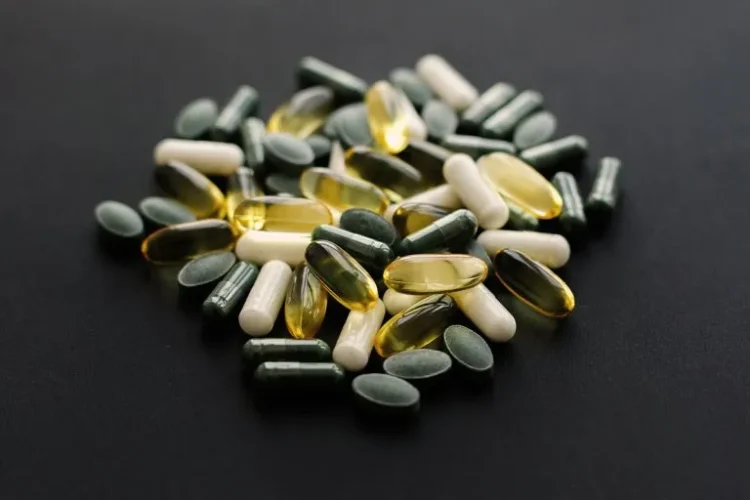
To get the most benefits from any of the B’s, you need all of them, so start with a B-complex supplement that contains all 11. With the right B complex as a foundation, you can add larger amounts of individual B’s depending on your health concerns.
The B’s are best taken with food — they can cause nausea when taken on an empty stomach — and early in the day. (Vitamin B6 increases neurotransmitter activity; when taken late in the day, it can lead to increased dreaming, resulting in a restless night’s sleep.)
There are striking differences in potencies among different brands of B-complex supplements.
Labeling methods vary, so read the fine print to know what you’re getting. Look first at the amounts of vitamins B1 and B2; the potencies of the other B’s vary, but they’re usually in step with these two.
What I refer to as low-potency supplements stick close to the conservative Daily Value, 1.5 mg for B1 and 1.7 mg for B2. Moderate-potency supplements have 10-25 mg each of B1 and B2.
High-potency supplements, often called B-50, contain 40-50 mg of B1 and B2. Very high potency supplements, or B-100, contain 100 mg of B1 and B2. Evidence suggests that the latter are excessive for most people.
Which dosage should you opt for? It depends on your diet, health issues, and stress level. Talk with your healthcare practitioner and see which category describes you best:
Good health, sound diet
If you’re under 30, stick with a low-potency supplement. If you’re taking a multivitamin, check the fine print; you may be getting sufficient amounts of the B’s. If you’re over 30, consider taking a moderate-potency supplement. Your ability to process nutrients, B12 in particular, deteriorates as you age, and extra amounts of several B’s can offset many age-related conditions.
High stress
If you are consistently dealing with a lot of pressure at work or home, try a moderate-potency B-complex supplement.
Chronic anxiety or depression
Try a high-potency supplement and consider adding extra inositol. Some studies have found very high doses of this B vitamin helpful for depression and anxiety. Talk with your health-care practitioner about the best dose of inositol; 3-4 grams (much less than the amount used in the study) may be enough if taken along with a B-complex supplement. Interestingly, a Finnish study found that people with higher blood levels of vitamin B12 respond better to antidepressant medication.
PMS
Many women report that PMS symptoms improve with extra B6; try a moderate-potency supplement, and consider adding an extra 50 mg of B6.
Vegetarian or vegan
Ask your doctor to check your vitamin B12 levels. Appreciable amounts of B12 are found only in animal protein, so you may need a moderate-potency supplement, plus an extra 100-500 mcg of B12 daily. People who eat a vegan diet — no meat or dairy products — are at particularly high risk of deficiency.
High-carb diet
You need vitamin B1 to make the enzymes required to burn carbs for energy. But high-carb and sugar-filled diets quickly use up these enzymes. If that sounds like the way you eat, try an extra 50 mg of B1 daily.
Medication use
Many over-the-counter and prescription drugs interfere with the absorption of certain B vitamins. These drugs include all medications for heartburn and reflux disease (including over-the-counter antacids), oral antibiotics, and oral contraceptives. Diuretics deplete vitamin B1, and the drug Glucophage (for lowering blood sugar) depletes folic acid and B12 levels.
Frequent alcohol use
Alcohol use depletes several B’s, vitamin B1 and B3 in particular. If you average more than two drinks a day, try a moderate- or high-potency supplement.
Safety check
Vitamin B2 turns urine bright yellow; this can be alarming if you’re not expecting it, but it’s not at all harmful.
In general, the water-soluble B’s are very safe, though there are a couple of precautions. Very high doses of niacin, used under a doctor’s supervision to improve cholesterol, can cause flushing and liver damage. In addition, prolonged use of high doses of vitamin B6 can cause nerve damage; do not exceed 200 mg per day.
The B’s and your heart
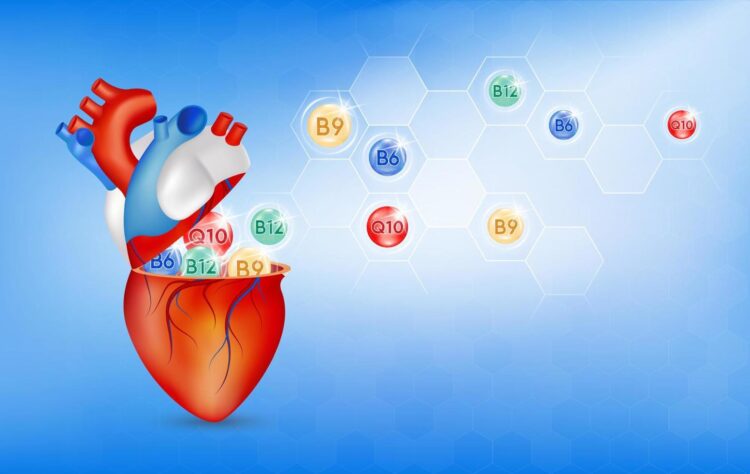
Not getting enough of certain B vitamins (folic acid, B6, and B12) can lead to elevated levels of the amino acid homocysteine, a risk factor for many chronic ailments, including heart disease.
Homocysteine does its damage by attacking blood vessel walls, causing them to harden. Kilmer McCully, M.D., now with the Veterans Affairs Hospital in New England, recognized the link between homocysteine and heart disease in 1968. Since then scores of studies have found that elevated homocysteine levels increase the risk of heart attack, stroke, depression, and Alzheimer’s disease.
A simple blood test is used to test homocysteine. Many experts recommend that people at high risk for heart disease, and anyone over 60, have their blood levels checked. According to McCully, fewer than 8 micromoles per liter of blood is ideal. As levels creep into the double digits, the risk increases.
Dark-green, leafy vegetables contain lots of folic acid; a daily salad will help maintain normal homocysteine levels. However, many people carry a genetic variation that reduces folic acid activity in the body; those who eat a lot of greens and still have high homocysteine levels may have this variation. This condition calls for an extra 800 to 1,200 mcg of folic acid daily; because other B vitamins are involved, it’s best to take a B-complex supplement.
Eating Your Vitamins
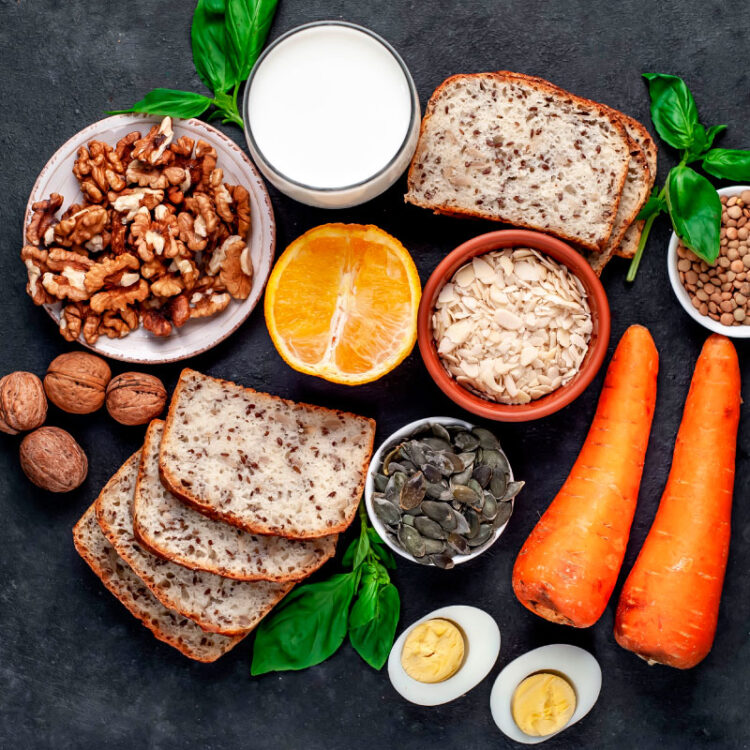
The best source of B vitamins is a varied diet. Animal proteins — fish, chicken, and organ meats such as liver — are excellent sources of most B vitamins and practically the only source of vitamin B12. Leafy green vegetables and legumes are rich sources of folic acid, which animal proteins tend to have low amounts of.
Here are some foods high in B-Vitamins:
- Wild Coho salmon
- high in: B3, pantothenic acid, B12
- Brown rice
- high in: B1, pantothenic acid, B6
- high in: B1, pantothenic acid, B6
- Spinach
- high in: B1, B3, pantothenic acid
- high in: B1, B3, pantothenic acid
- Black beans
- high in: B1, B3, folic acid
- Whole-grain flour
- high in: B1, B3, pantothenic acid, folic acid










